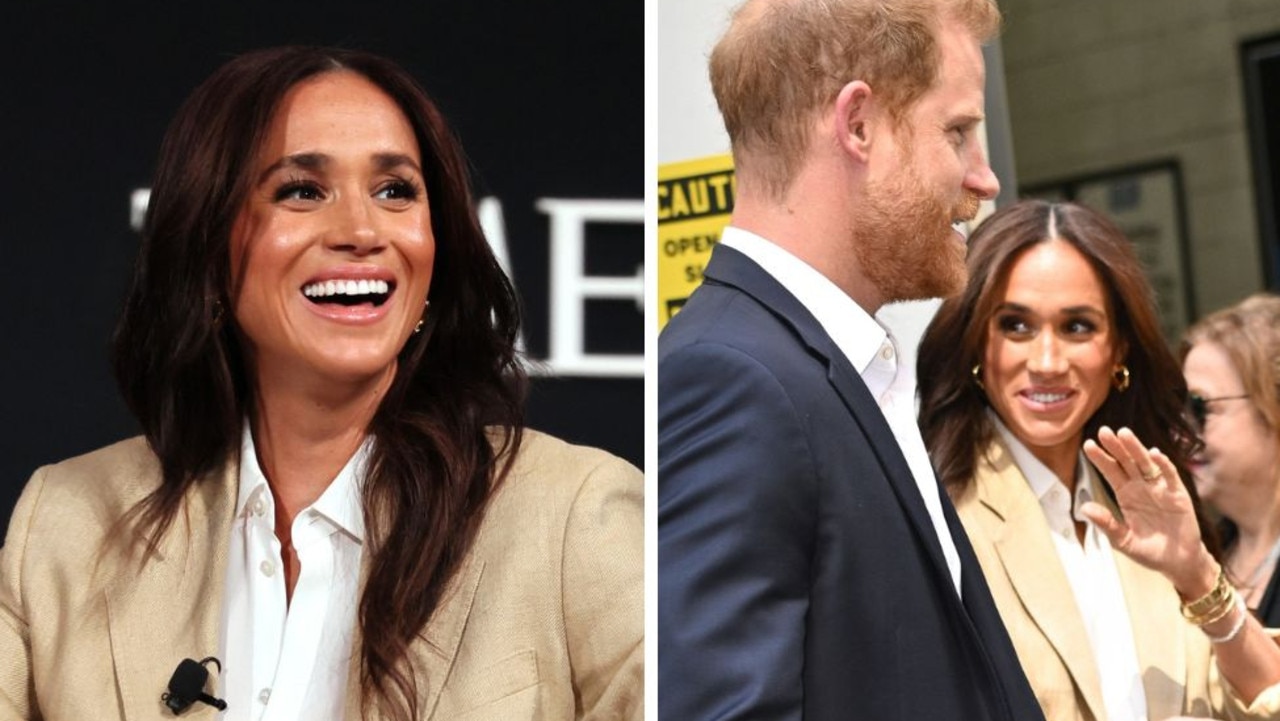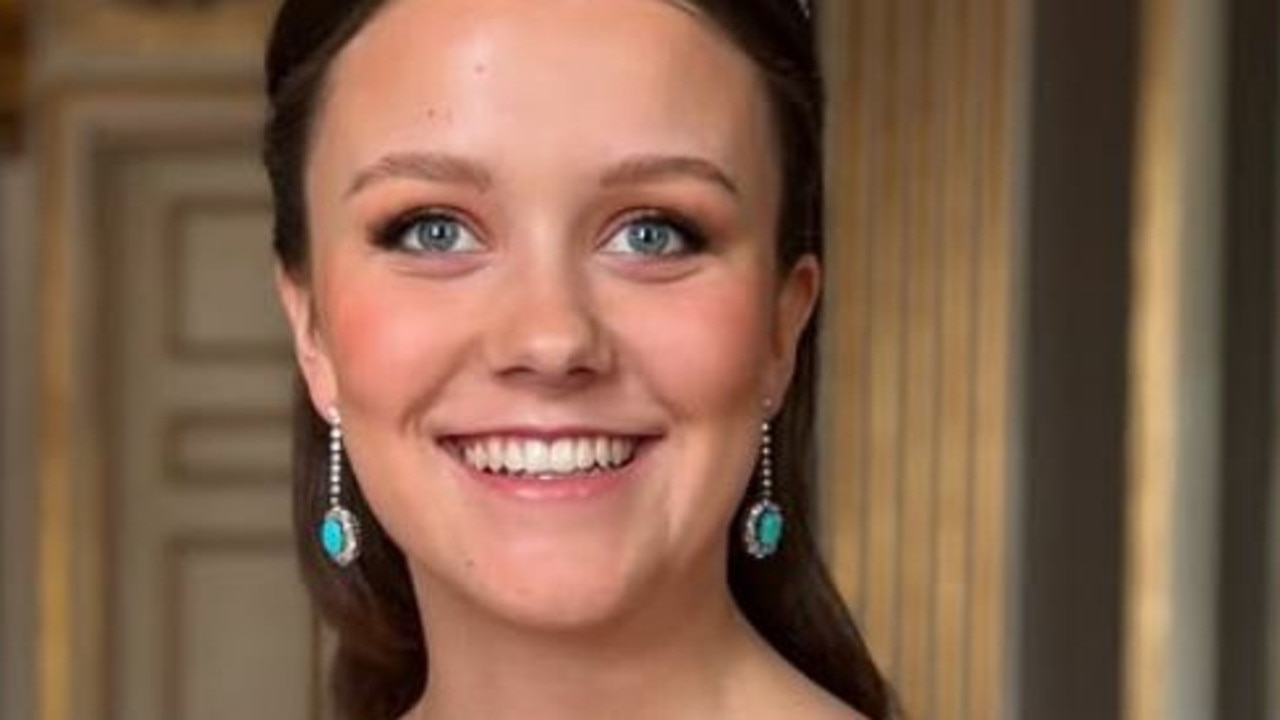King Charles III to shake up monarchy with new rules
King Charles is the world’s most visible privileged white man. His history stands for entitlement. But he is also chief unifier now with a new mission.
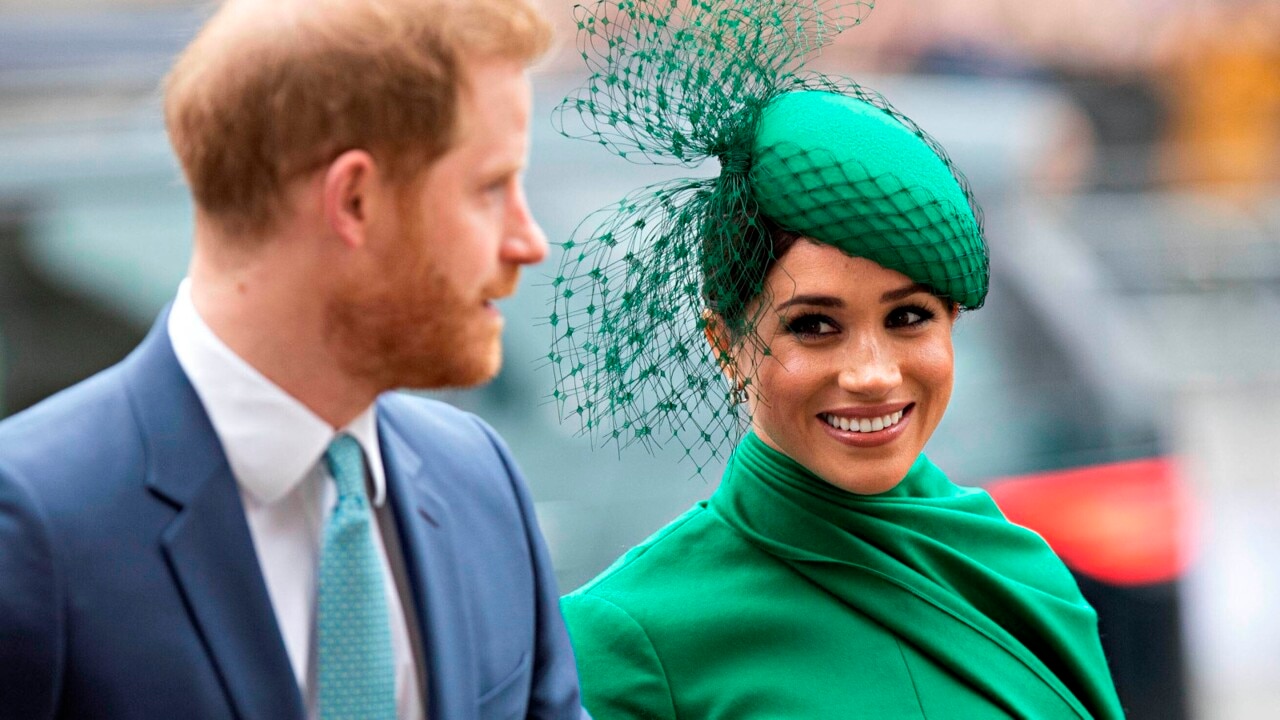
Royals
Don't miss out on the headlines from Royals. Followed categories will be added to My News.
King Charles could use a break. The business of royalty has never been so demanding.
After his mother’s death, Charles personally hosted the prime ministers, presidents, royals and dignitaries who descended on London for the “funeral of the century”.
He went to Scotland, Northern Ireland and Wales, and committed himself to “lifelong service” to the kingdom. He endured ceremonies, rituals and vigils, many low in brevity and high in puffery, with grace and patience, in duties bathed by a sincere grief for his mother’s loss.
King Charles is expected to be the chief cheerleader, and the embodiment of national identity, in a press of regal priorities in coming months.
For now, briefly, a royal period of mourning offers Charles some relief until next week. But what happens then? And how does he do it?

Queen Elizabeth was a throwback to another age; a constant in uncertainty. She fulfilled a role and style of her own making. King Charles cannot and will not try to replicate the curiously powerful charm of his mother.
Already, royal watchers have identified what sets Charles apart from his mother. He embraces crowds. He shakes hands and receives kisses. He welcomes strangers and chuckles softly.
But within a week of assuming the throne, Charles was also going off at a leaky pen. “Oh God, I hate this!”, he said, after ink leaked on his fingers, prompting earnest analysis that he had broken the “royal spell”.
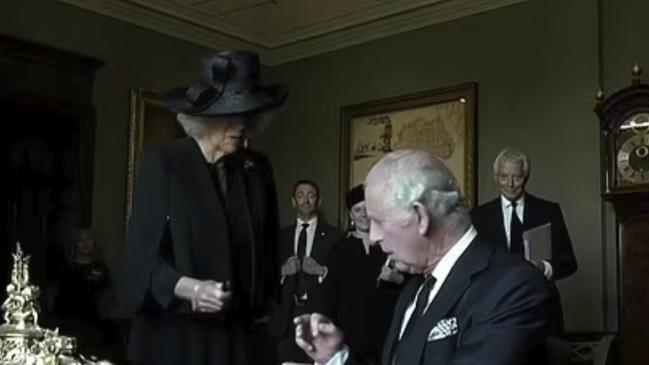
The Queen, as the adage went, never complained and never explained. To borrow from singer Ronan Keating, she said it best when she said nothing at all. No one can readily recall a moment when she expressed public frustration. We knew more about her views on corgis than on Ukraine.
Yet we know what King Charles thinks about many things. He has constantly expressed his opinions, and some of them have been divisive.
As a prince, Charles was an activist. He cared about the environment, climate change and homoeopathy, among other things. He wrote letters to government ministers, in a spidery hand, about education and architecture, and once described a refugee policy as “appalling”.
King Charles has a different job now, which he has acknowledged. He is chief unifier.

He must rise above his tendencies to be a political player who seeks to shape policy or debate. Talking on his 70th birthday, he agreed that his public campaigns would have to end as king. As he said: “I’m not that stupid.”
King Charles will have weekly meetings with the British prime minister, in a setting of soft power – and confidentiality – that may lend itself to great influence.
Yet he assumes the role in uncertain times. A recession looms. Britain faces cost-of-living pressures which will have real impacts over the winter months, when energy bills will soar and many people will struggle to pay for heating.

These everyday financial woes will inform Charles’ long-held notion of a “slimmed-down” monarchy. Speculations about his massive inheritance, and the so-called “true cost” of keeping the Royals, will escalate.
His coronation, an ancient ritual that matches the Queen’s funeral for symbolism, is likely to lack some of the grander touches when it takes place, probably next year.
King Charles has been encouraged to promote the women of the family, especially since they shone with stoicism after the Queen’s death. He will rely on Camilla, one of the warmest royals despite her awkward introduction to the wider world. The roles of Kate and William, popular royals who are relatable and a generation younger, are expected to be amplified.

King Charles faces outbreaks of republicanism throughout the realm. Scotland is agitating for independence, culminating in a referendum, its second, next year.
Many of the 14 Commonwealth countries which retain Charles as head of state rumble with political discord.

Prince William went to Jamaica this year. He was greeted by protesters, amid demands for colonial-era reparations. He described slavery as “abhorrent” and said “it should never have happened”.
Australia is well behind political pushes elsewhere, but don’t forget that it has been long assumed that republican activism would only ignite after Queen Elizabeth was gone.
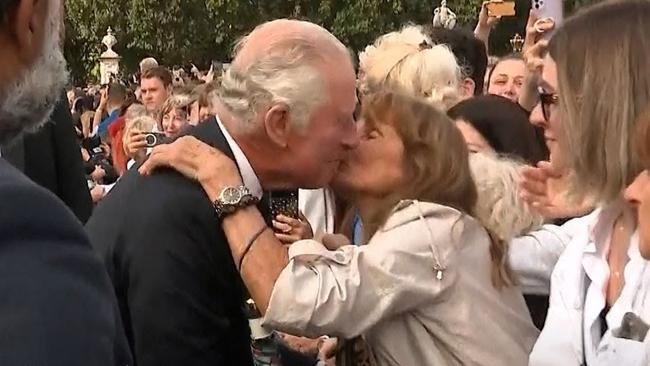
Talk of overseas visits abound. Buckingham Palace is said to encouraging such tours; William and Kate have been supposedly pencilled in for Australia next Easter.
Other countries which could receive a royal visit include the Bahamas, Canada, New Zealand, Jamaica and Saint Lucia.
Britain wants to like its new king. Many of the questions which arise elsewhere about Charles’ credentials were almost blotted in the homeland by the simple fact of his promotion.
The British want him to succeed. Almost one in four in Britain think he did well in his first days, according to a survey. Sixty-three per cent said they expected him to be a good king, up from 39 per cent in March.

King Charles was born to the role. He has been preparing since he could walk. These facts point to perhaps his biggest challenges, of who he is and what he represents.
King Charles is the world’s most visible privileged white man. His history stands for entitlement.
He is a new sovereign in an era when colonialism is being revised across the world, when its perceived ills have been scrutinised through a lens of cancel culture and the removal of statues.
Outbreaks of political ratbaggery in Australia erupted in the days after the Queen’s death. The anti-monarchist rhetoric was called out as distasteful.
Yet King Charles does not command the same reverence as his mother. He probably never will.
How does a new monarchy, and its foundations of birthright and succession, thrive when its starting points are so foreign to modern notions of equality, inclusivity and fairness?


